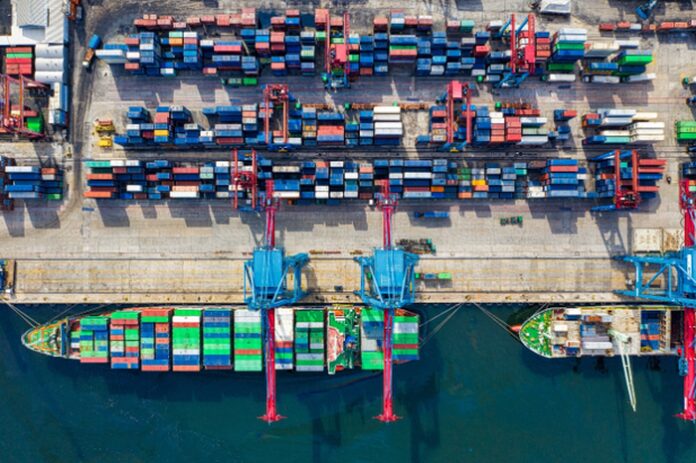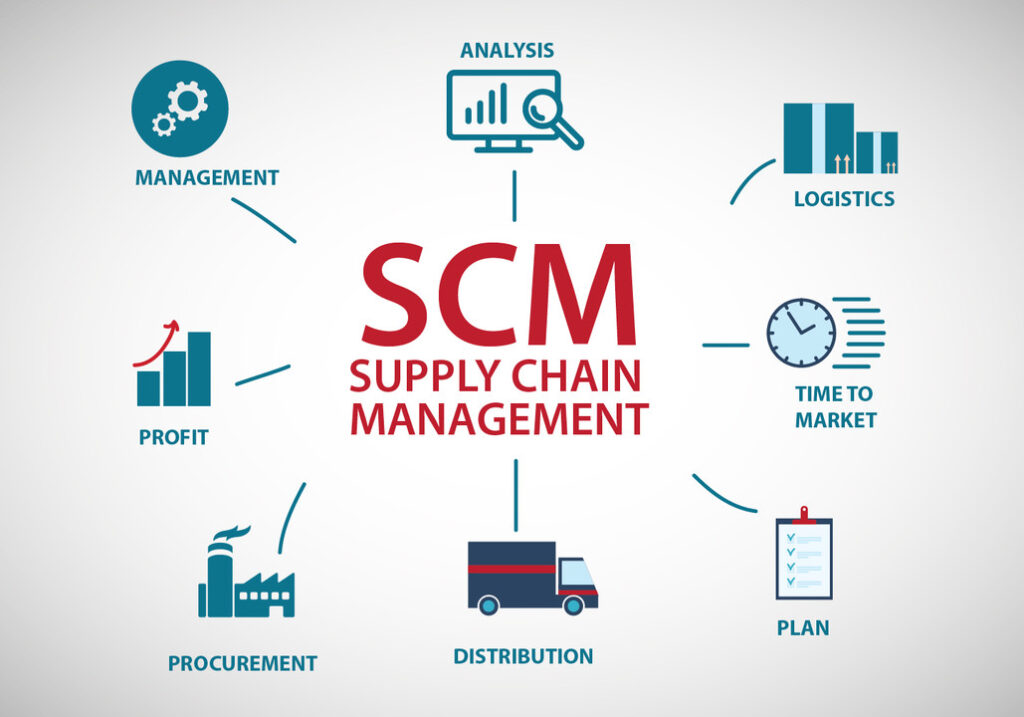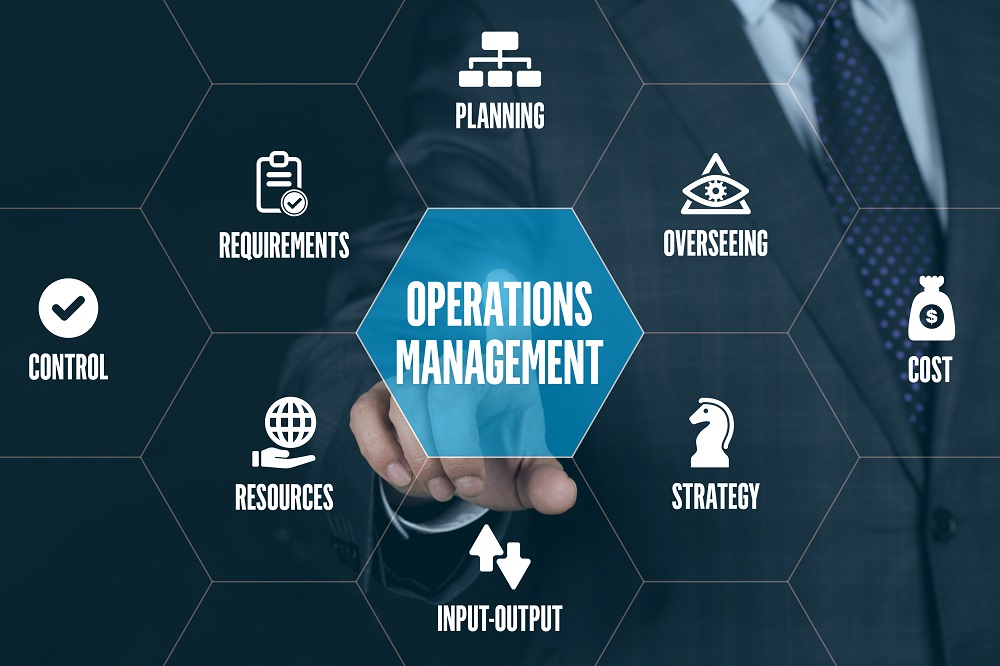
Supply chain management is a crucial aspect of modern business, encompassing everything from sourcing raw materials to delivering finished products to customers. As companies increasingly rely on global suppliers and complex logistics networks, the need for skilled supply chain professionals has never been greater. An MBA in supply chain management can provide you with the knowledge and skills you need to succeed in this field and open up a wide range of career opportunities.
What Is Supply Chain Management?

At its core, supply chain management involves the coordination of all the activities involved in getting products from suppliers to customers. This includes everything from sourcing raw materials and components to manufacturing, transportation, warehousing, and distribution.
Supply chain managers must balance competing priorities such as cost, speed, and quality while also ensuring that products are delivered on time and in the right quantities. With the rise of e-commerce and globalization, supply chain management has become increasingly complex, requiring advanced data analytics and technology solutions.
8 Career Paths for MBA in Supply Chain Management Graduates
Let’s explore the most popular career paths that you can pursue with an MBA in the field.
1. Logistics Manager

A logistics manager is responsible for managing the movement of goods and materials from suppliers to customers, ensuring that they are delivered on time, at the right cost, and in the appropriate quantity and quality. This involves overseeing transportation, warehousing, inventory management, and supply chain processes.
Some of the key responsibilities of a logistics manager may include developing and implementing logistics strategies, managing relationships with carriers, freight forwarders, and other logistics service providers, and overseeing inventory management activities. They also coordinate transportation activities, monitor performance metrics and analyze data to identify areas for improvement.
2. Supply Chain Manager
The role of supply chain managers is to oversee the entire supply chain and ensure that all components work together seamlessly. This involves working closely with suppliers, manufacturers, logistics providers, and other stakeholders to optimize performance and reduce costs. A supply chain manager must have strong leadership and communication skills, as well as an in-depth understanding of supply chains.
These professionals typically work in manufacturing, retail, or logistics industries and may have a bachelor’s or master’s degree in supply chain management or a related field. Effective communication, problem-solving, and analytical skills are also important for success in this role.
3. Procurement Manager

Procurement managers are responsible for sourcing and purchasing the goods and services needed to keep a business running. This involves identifying suppliers, negotiating contracts, and managing supplier relationships.
In order to be successful in their field, they must possess excellent negotiation skills and have a thorough understanding of market trends and pricing. Procurement managers typically work in industries such as manufacturing, healthcare, or government and may have a bachelor’s or master’s degree in business administration, supply chain management, or a related field.
4. Inventory Control Manager
Inventory control managers are responsible for managing the inventory levels of a business. This involves forecasting demand, setting inventory targets, and optimizing inventory levels to minimize waste and reduce costs.
Inventory control managers must have strong analytical skills and a deep understanding of supply chain dynamics. They typically work in industries such as retail, manufacturing, or distribution and may have a bachelor’s or master’s degree in inventory control, supply chain management, or a related field.
5. Operations Manager

Operations managers are responsible for overseeing the day-to-day operations of a business. Their key responsibilities involve managing personnel, production schedules, and quality control. They are also responsible for developing and implementing processes to optimize productivity, such as implementing lean manufacturing or Six Sigma methodologies.
Operations managers must be skilled at problem-solving and have a thorough understanding of the production process to be efficient at their jobs and typically work in the manufacturing, healthcare, or finance industries.
6. Transportation Manager
Transportation managers oversee the transportation of goods and materials, which involves managing carrier relationships, optimizing transportation routes, and ensuring that products are delivered on time and in good condition.
A transportation manager with a bachelor’s or master’s degree can work in the manufacturing, retail, or logistics industries. To succeed in their roles, they must be well-versed in transportation networks and logistics technology.
7. Manufacturing Manager

Manufacturing managers oversee the production process of goods. This involves managing production schedules, ensuring quality control, and optimizing production processes to reduce costs and increase efficiency. They coordinate, plan, and direct all activities involved in the production process, supervise staff, approve production schedules, approve invoices, and manage budgets.
Manufacturing managers must be skilled at problem-solving and have a deep understanding of the manufacturing process.
8. Distribution Manager
Distribution managers are responsible for overseeing the transportation and delivery of products from their location to their intended destinations, ensuring that vast quantities of goods are delivered safely and on time.
Their main responsibilities include monitoring product volume, ensuring inventory quality and quantity, supervising shipping processes, coordinating with suppliers, and managing subordinate staff. They may also adhere to approved budgets, meet project milestones, and make personnel decisions.
Distribution manager positions are available in a variety of industries, including retail, manufacturing, and logistics. Salaries for distribution managers can vary depending on the industry, experience, and location.
Education and Career Advancement

Earning an MBA in supply chain management can give you the knowledge and skills you need to succeed in these career paths. However, continuing your education and professional development is important throughout your career. This could involve pursuing certifications in logistics or supply chain management, attending industry conferences and events, or participating in professional organizations.
In addition, there are numerous opportunities for career advancement in supply chain management. As you gain experience and build your skills, you can move up into more senior positions, such as vice president of the supply chain or chief supply chain officer. You may also have the opportunity to work for larger and more complex organizations or take on more challenging supply chain projects.
Conclusion

Earning an MBA in supply chain management can open up a world of opportunities in a rapidly growing field. Whether you’re interested in managing the entire supply chain or specializing in a specific area, such as procurement or logistics, a wide range of career paths are available. By continuing your education and professional development, you can stay up-to-date on the latest trends and technologies in supply chain management and continue to advance your career.








